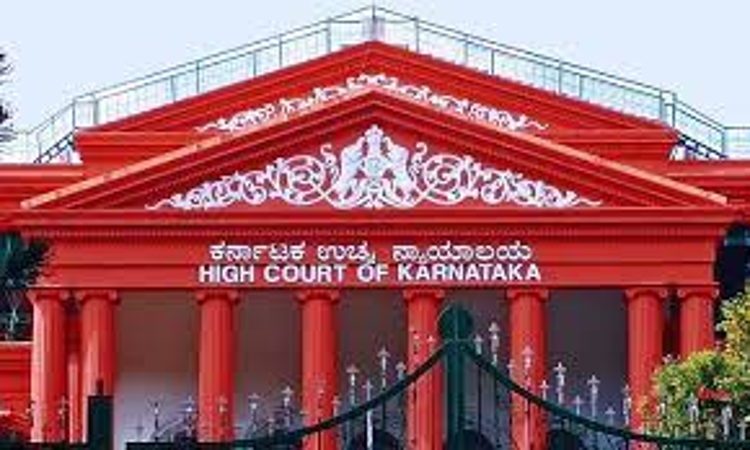Arbitration Involving Third Parties And Leading To Other Proceedings - Not Arbitrable : Karnataka High Court
Parina Katyal
28 April 2022 4:30 PM IST

Next Story
28 April 2022 4:30 PM IST
The Karnataka High Court has ruled that reference of a dispute to arbitration cannot be allowed if it would lead to splitting up of the cause of action and cause determination on matters which were not contemplated for arbitration. The Single Bench of Justice B. M. Shyam Prasad held that there cannot be a complete adjudication of the claimant's rights unless the third parties were...
